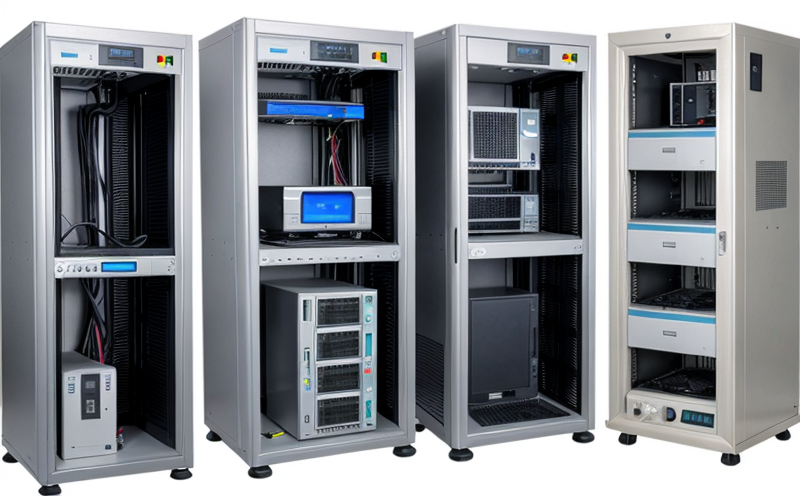RoHS Directive Compliance Testing for ICT Equipment
The Restriction of Hazardous Substances (RoHS) directive is a European Union legislation that aims to reduce environmental impact by restricting the use of specific hazardous substances in electrical and electronic equipment. For Information Technology (IT) and Telecom equipment, compliance with RoHS is crucial to ensure products can be legally sold within EU markets.
Our RoHS Directive Compliance Testing service focuses on the rigorous analysis required to verify that ICT equipment adheres to the RoHS directive. This includes the detection of six restricted substances: lead (Pb), mercury (Hg), cadmium (Cd), hexavalent chromium (Cr(VI)), polybrominated biphenyls (PBB) and polybrominated diphenyl ethers (PBDE).
The testing process involves several stages, beginning with a thorough product review to identify potential compliance risks. This is followed by physical sampling of the ICT equipment, ensuring that representative samples are selected for analysis. Once collected, these samples undergo detailed chemical analysis using state-of-the-art instrumentation such as Inductively Coupled Plasma Mass Spectrometry (ICP-MS) and Gas Chromatography-Mass Spectrometry (GC-MS).
The analytical results are then compared against the RoHS directive’s thresholds to determine compliance. Our team of experts ensures that every step in this process adheres strictly to international standards, such as ISO/IEC 17025 and EN 50600 series.
Understanding the implications for businesses, we provide a comprehensive report detailing our findings along with recommendations for non-compliant products. This service not only helps in meeting regulatory requirements but also supports your company's commitment to environmental sustainability.
Scope and Methodology
| Stage | Description |
|---|---|
| Product Review | Identification of potential compliance risks based on product specifications and historical data. |
| Sampling | Selecting representative samples of the ICT equipment for analysis. |
| Chemical Analysis | Using ICP-MS and GC-MS to measure levels of restricted substances. |
| Evaluation | Comparing analytical results against RoHS directive thresholds. |
Benefits
- Avoids costly recalls and product withdrawals by ensuring compliance from the outset.
- Reduces operational risks associated with non-compliance penalties or legal actions.
- Enhances corporate reputation by demonstrating a commitment to environmental sustainability.
- Supports market access for your products in EU markets, ensuring business growth opportunities.
Why Choose This Test
- We employ internationally recognized standards like ISO/IEC 17025 for our testing processes, ensuring accuracy and reliability.
- Our highly skilled team of experts guarantees thorough and comprehensive analysis.
- Access to cutting-edge analytical instruments ensures precise measurement of restricted substances.





